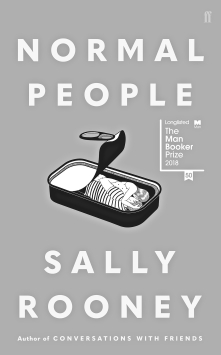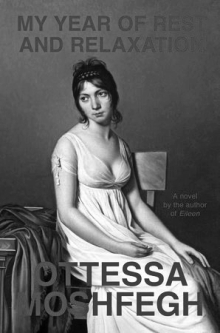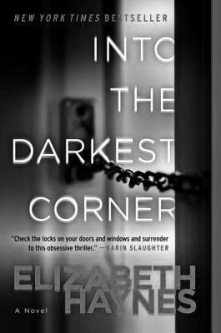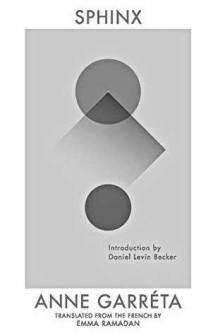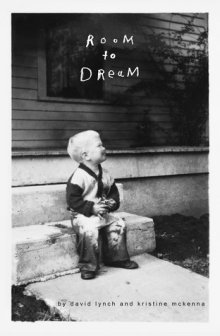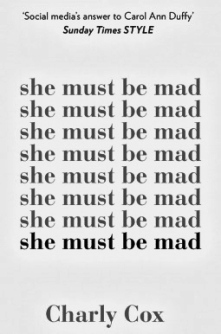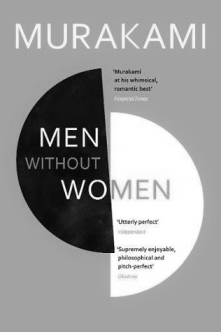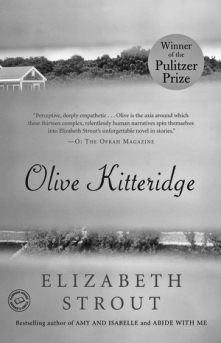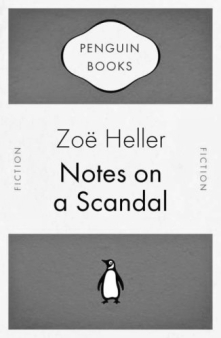I loved this book. So much so that I have already reread it.
‘Normal People’ is the story of a love that’s just not meant to be, which is honestly what I love reading about anyway, so this was a perfect fit. It follows the lives of Marianne and Connell from the moment they become friends in high school through their journey as lovers and friends in university and then beyond that. I loved the setting – the small Irish town, then Dublin, then the two of them finding themselves in one place or another, always keeping in touch. I loved the writing which seemed incredibly real and honest, especially given that the reader was given an insight into their thoughts, which they were so bad at expressing, as most people are.
Despite the fact that a good friend at work keeps telling me, when I insist that she must finish the book, that she cannot stand that the two characters are completely unable to communicate their feelings to each other and that this is the most frustrating thing that she has ever read, I could not disagree more. I think that this is a very realistic portrayal of why certain relationships would just never work, even though a reader might think that the characters are perfect for one another, or, going beyond books, this applies to real life as well. Yet even though I realised this, I could not help but root for the two of them.
The two characters were both just so well-written and likeable that I wanted to sit them both down and explain to them over a drink or two, why they should start to approach their relationship differently. Marianne is shy and quirky, blossoming after high-school while at the same time still struggling to find her place in life. Connell, on the other hand, although when we first encounter him in high school seems too unrealistic as a character since he is both sensitive and also the most popular boy in school, quickly becomes more and more convincing as a young man who, just like Marianne, is trying to figure out who he truly is and what he’s good at doing, eventually discovering that he’s good at writing. Although I mentioned that he did not seem to be a believable character at first, looking back at it, I realised that this stems from the fact that, in my mind, I have unfortunately accepted the stereotype that exists in most simplistic films or books, where the two characteristics of popular and empathetic do not go together, which is false and I’m glad that this book made me confront that.
It was also difficult to confront the fact that, as I said, I wanted the two of them to have the happy ending that they deserve, however it was just never meant to be. As a reader, many of the things that Connell does – either when he pushes Marianne away in high school or when he fails to work harder at sustaining their relationship when they first get together at university – seem like a form of betrayal. However, that is far from the truth. The fact that he does this just proves that he is looking for something else. Marianne, on the other hand, try and she might, cannot find happiness away from Connell and her attempts at doing this are doomed to fail because she never lets go of him.
This is a very complex representation of unrequited love and I loved it! Since, essentially, Marianne would do anything for him and she sees the value that he has brought to her life while Connell constantly indulges it, because he loves her too, but not the way that she wants, which is why they could never be friends and why they keep finding themselves in the same situation.
I feel like this is more of a rant than a review, but I really don’t know how emphasise enough just how beautifully and powerfully written this was, when it comes to exploring the lives of completely ordinary people who find themselves faced with the prospect of having to either choose between trying to make something that should be right work or to leave behind something that feels so meaningful but is, nevertheless, destined to fail. I also feel like this novel came my way at exactly the right moment in my life because I needed to think about some of the things which it forced me to confront. I cannot recommend this book enough and I am beyond excited to read her other book (Conversations with Friends) which is already sitting on my bedside table waiting for me.
I give this book five out of five wine bottles.
![]()
![]()
![]()
![]()
![]()
